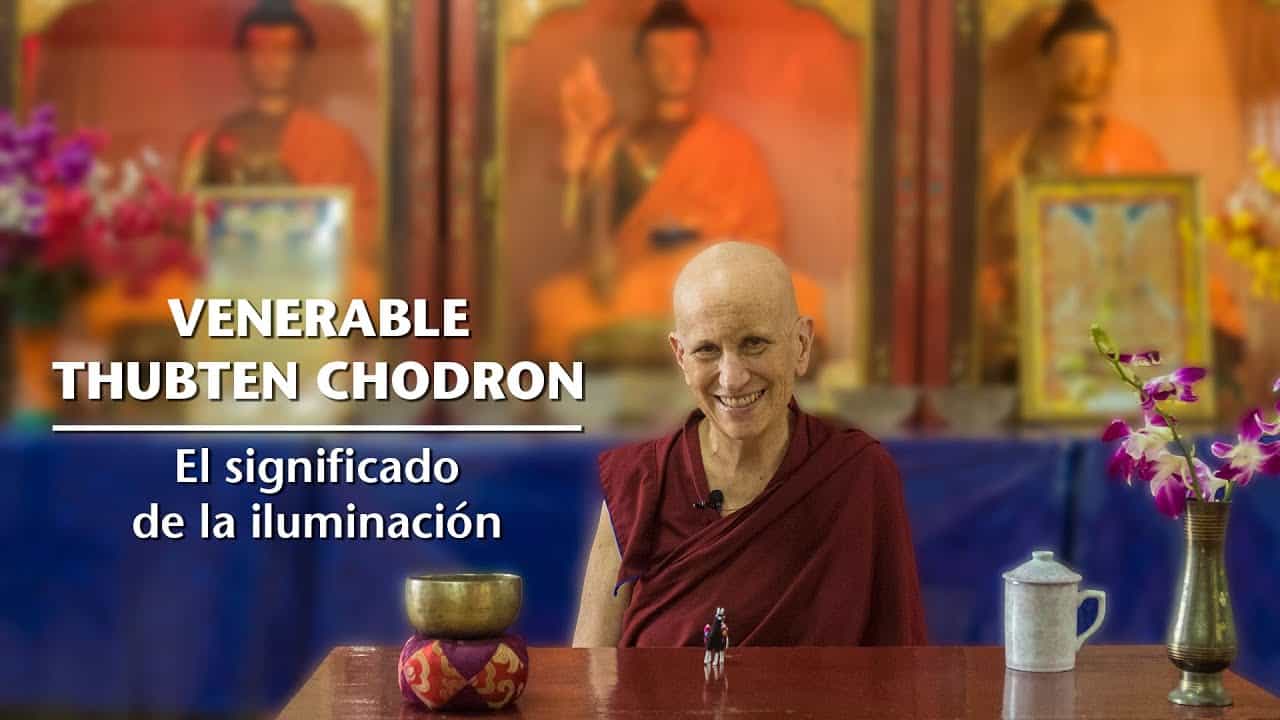Relationships with parents
A series of talks given at Tushita Meditation Centre in Dharamsala, India, on August 30, 2018.
- Methods for generating bodhicitta
- Seeing the kindness of our caregivers
- Accepting our parents
In the Lam Rim, one way of generating bodhicitta is seeing that all sentient beings have been our parents and that our parents, especially our mother, has been kind to us. And so, what do we do if we don’t have a good relationship with our parents, or especially our mother, when it comes to doing that mediation of seeing the kindness of our parents? So what they recommend is if you have a difficult relationship with your parents, think of who it was who brought you up or who was the most important person in your life in terms of teaching you values, in terms of taking care of you and making sure you have an education, and so on. Focus on that person, that person you have some very strong feeling with. That’s how they recommend to usually deal with that.
Then, having said that, because I had a difficult relationship with my parents, I found that meditating on the kindness of my parents made me see the relationship with my parents in a completely different way. Instead of picking out, “Oh I didn’t like that they did that and I had this need and they didn’t meet that need”-my very complaining mind. I had to put that mind aside and look at what my parents did do for me, and when I did that, it was totally amazing. I had taken so much for granted in my relationship with my parents, that I just picked on the few things that I didn’t like when there were so many things that they did for me. And so, at first doing that was very difficult – seeing their good qualities and so on were so difficult-because my mind kept going, “But this, but that,” and for me one of the big buts was “I just want them to accept me for who I am and they don’t love me for who I am. They only love me because I am their daughter, but not for who I am. Why can’t they accept me for who I am?” Then one day I realized I don’t accept my parents for who they are. I want them to be different, and when I saw that, it was very, very humbling. It’s like, I can’t accuse them of not being what I want them to be and then expect them to accept me for everything. So that was very, very helpful for me.
Also looking at the atmosphere and what was going on in the country when my parents grew up. My parents were children of refugees who came, you know, my grandparents came to the country with nothing. They were the children of refugees. They worked very hard to get the American dream so that my generation would not go through the suffering that they did, because my parents grew up during the Great Depression. Given what was happening in the country, given their own background, how they lived their lives, what they did made complete sense, and they did it all so that their children would have a better life. So just because maybe how they lived isn’t the way I want to live, how can I ignore their wonderful motivation of loving kindness, that wanted the best for their kids? I can’t ignore that. I can’t criticize that. So it helped me so much to get over these issues I had with my parents because I saw that the issues were mostly coming from my side, and okay, there was some external stuff and they would make remarks and do things, but I didn’t have to react to all of that. I could just let that go, because underneath, I could see their kindness.
Venerable Thubten Chodron
Venerable Chodron emphasizes the practical application of Buddha’s teachings in our daily lives and is especially skilled at explaining them in ways easily understood and practiced by Westerners. She is well known for her warm, humorous, and lucid teachings. She was ordained as a Buddhist nun in 1977 by Kyabje Ling Rinpoche in Dharamsala, India, and in 1986 she received bhikshuni (full) ordination in Taiwan. Read her full bio.


